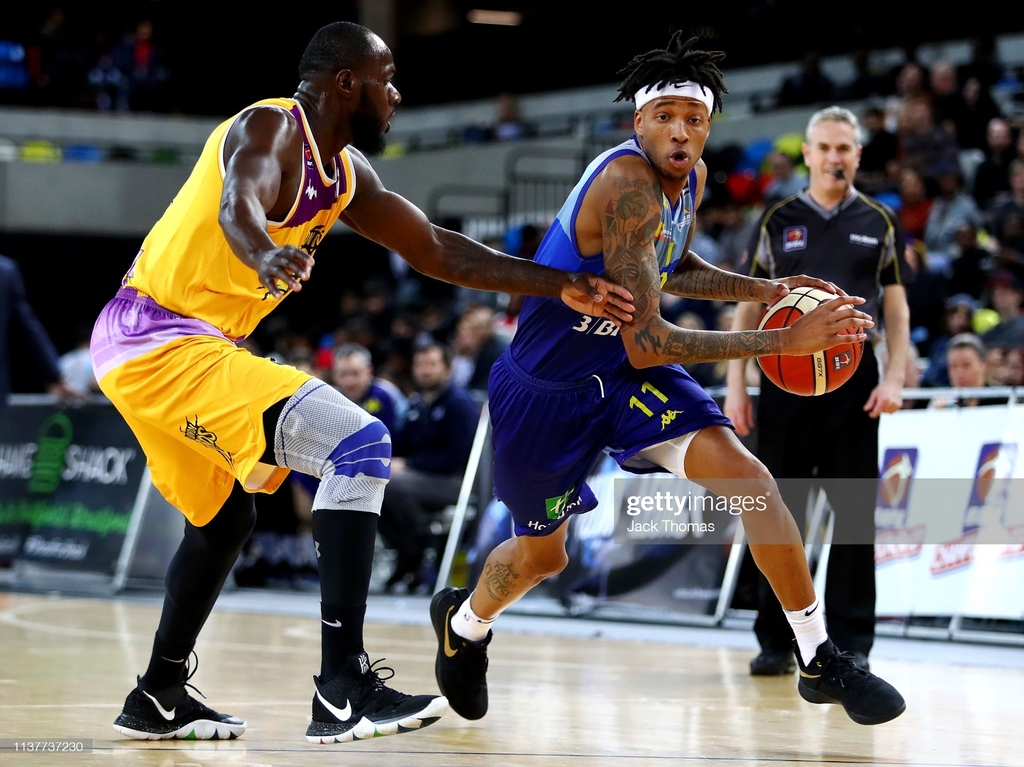Throughout its 34 year history, the British Basketball League and their member clubs have had extensive support at various times from American and European players.
This offered a selected range of talent that the UK was unable to fill with the low development of the clubs at the time.
In the current organisation, imports into the BBL have transformed it from an under developed league into a well established professional sporting association.
In comparison to other professional sports competed in the UK, Basketball has very little homegrown stars in ratio with foreign imports.
However, are these American players really at the heart of the current significant transformation of the league, or are they stunting the development of homegrown talent?
The league from an American import's perspective.
Teams such as the London Lions have this year brought in experienced veterans and ex-NBA players to make a new leading role for the league in order to raise the bar of talent and therefore viewership exposure in the BBL.
VAVEL UK had the opportunity to speak with London Lions’ Guard Dirk Williams to discuss his experiences in the league so far, and how the new veterans in the league are helping the Lions to progress on and off the court.
"They bring a lot of knowledge especially (Deandre) Liggins. He’s been playing for a long time, so he knows a lot and it’s been good to be able to learn from him defensively.
For one, you’re playing with grown men so when you come to play on a professional level, the physicality is one of the bigger differences, along with it being less about working on teamwork and more about perfecting what you bring to the team."
What can homegrown players do to match their skill?
The reliability on American and European imports could possibly be neglecting British homegrown talent, who are struggling with a background of underfunded basketball facilities and physical education.
Many schools and colleges have their physical education focus on more popular sports such as football, rugby and cricket which have well-established audiences in the United Kingdom, therefore increasing the awareness and cash revenue available to lower leagues and schools.
This lack of popularity creates a domino effect which forces the BBL to rely on foreign talent, instead of developing British talent.
The best British players often are posed with the choice or risking their development by staying in the UK, or furthering their potential by enrolling in a school in the US, who have extensive resources and facilities to cater for basketball players.
However with the newly signed, ground breaking deal with SKY, perhaps the BBL can step up their prominence against other leagues and sports with the extra promotion and finance that this deal will bring - which could potentially cause a domino effect in bringing new fans and forcing more funding into developing facilities for basketball players.
But in the meantime, the American imports will remain a crucial cog in the league, and continue to be role models for younger British players looking to get a chance to play professionally.





































